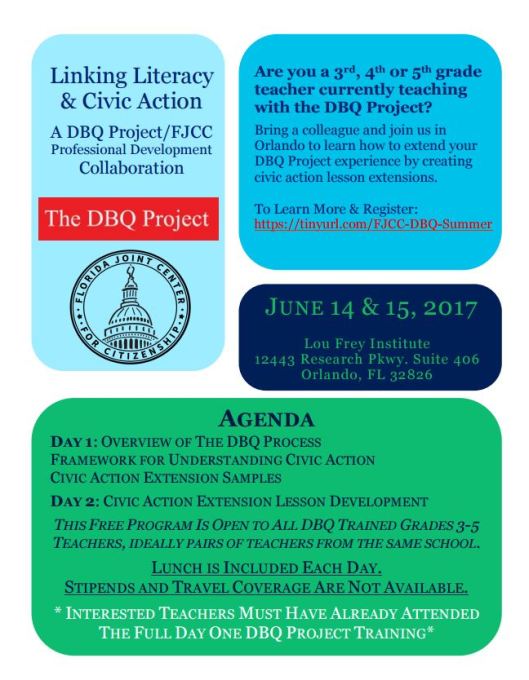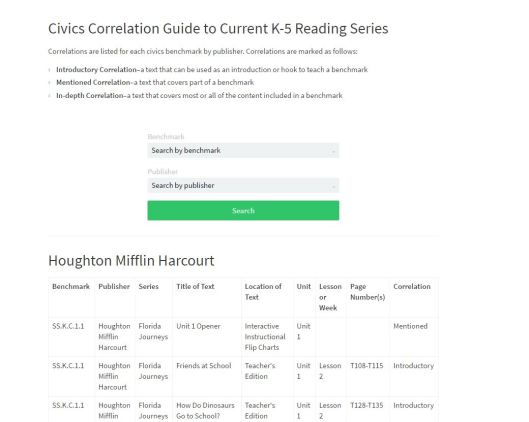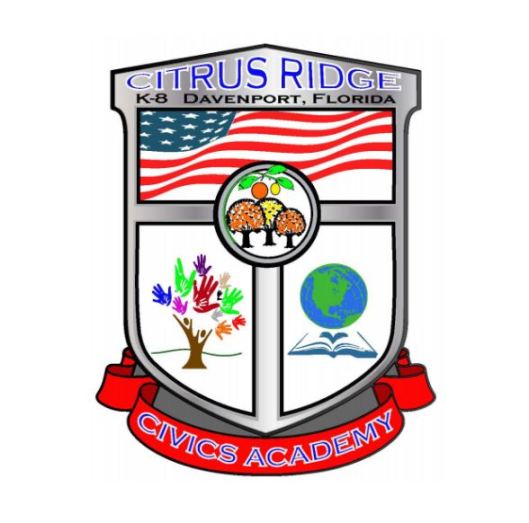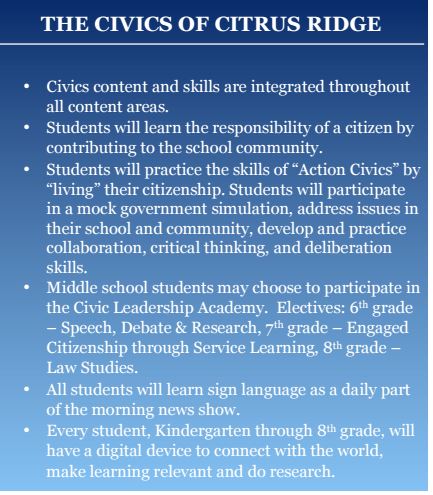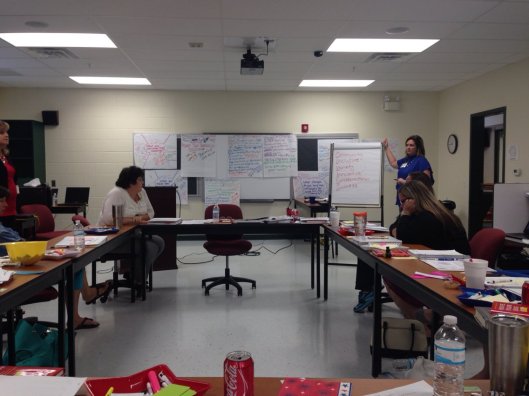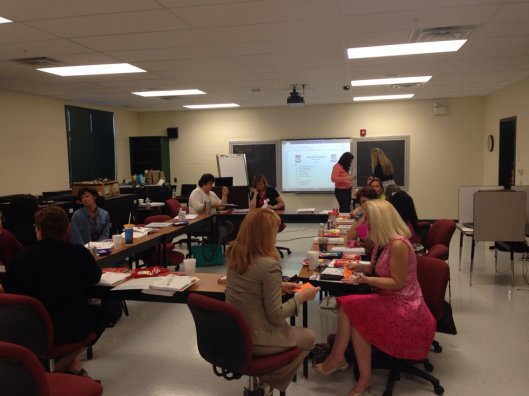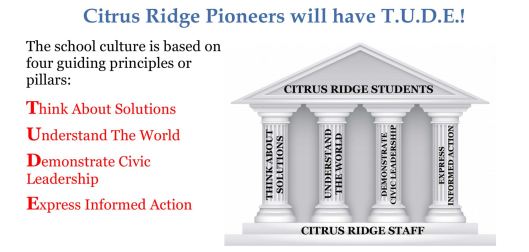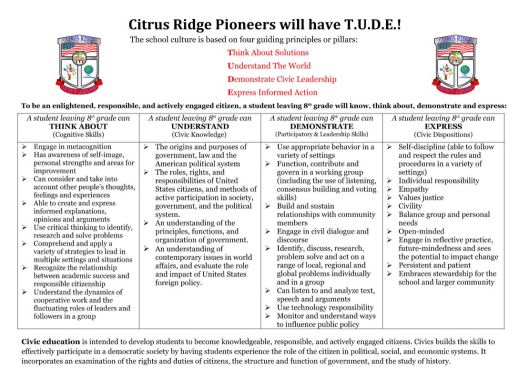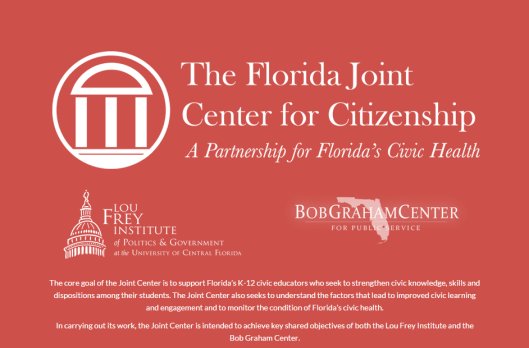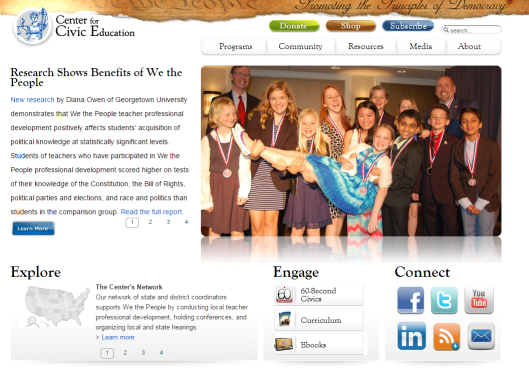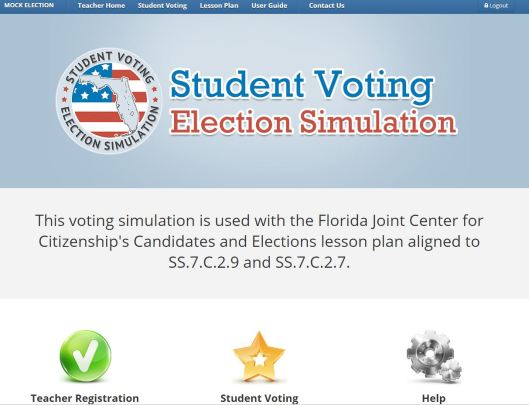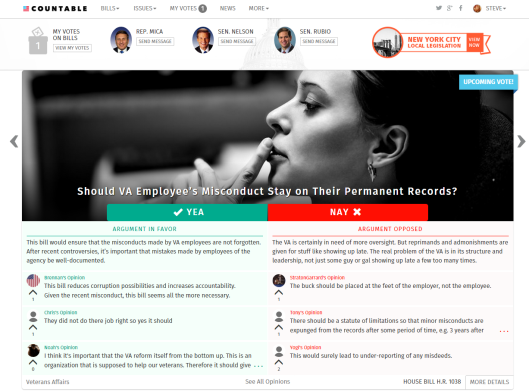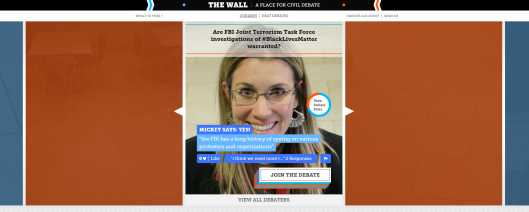So this weekend is the start of the Florida Council for the Social Studies Annual Conference. Have you registered yet? Are you coming? We hope you are coming, because we have some awesome sessions lined up. You can learn more about the keynote speaker here, and you can go here and here to get get an overview of some of the sessions we have planned. So with that out of the way, let’s take another look at some of the quality sessions we have lined up for you this weekend.
Saturday Morning, Concurrent Session 1
Factors Relating to U.S. History End of Course Exam for African American Students Irenea Walker, University of Central Florida
If social studies teachers properly alter their pedagogical approaches, African American students can learn to appreciate learning about historical facts. This paper focuses upon creative lessons that focus on interactive activities to peak interest.

Engaging the 21st Century Learner Amanda Mudlock and Rich Sayers, Pearson
Build academic skills for 21st century students through inquiry-based learning by facilitating easy projects, civic discussions, and document-based questions. Teach students to take ownership of their ideas, work together, and communicate clearly.

Curating Your Collection: Promoting Content Area Literacy by Giving Student Tools
to Explore Social Studies Texts Heather Cerra, Northwest Elementary School, Hillsborough County Public Schools
How can teachers spark student interest in informational and historical fiction texts related to social studies content? Using a unique framework, teachers can build student engagement and realize student growth in the areas of vocabulary and comprehension. (Elementary Session!)
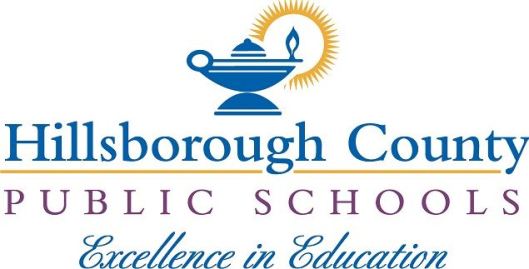
Saturday Afternoon, Concurrent Session 2
The Great Travel Fair: A Cross-Curricular Unit of Study Amy Trujillo, Orange / Orlando Science Elementary School
Now in it’s fourth year, The Great Travel Fair combines ELA, Science, Social Studies, and Math in order for students to understand the regions of the United States through a balance of 21st century skills.

Public History, Memory, and Survival: Producing History Through Student
Centered Technology Joshua Stern, St. Johns Country Day School
Attendees will learn how to use iMovie to allow students to bring stories of Holocaust survival to life. Students become active public historians and create meaningful results by preserving and transmitting these vital personal histories.

Saturday Afternoon, Concurrent Session 3
St. Augustine Civil Rights Movement: Seamless Integration into your Classroom Blake Pridgen & Benjamin Rome, Flagler College
Utilizing the primary sources in Flagler College’s Civil Rights Library of St. Augustine (CRLSA: http://civilrights.flagler.edu), teachers will learn to effectively teach Florida’s involvement in the civil rights movement, grades 4-12.

Sunday Morning, Concurrent Session 7
The State of the Assessment: Civics End-of-Course Assessment Stacy Skinner, Ed. D., Social Studies Coordinator, Test Development Center; Elise Beachy, Annette Boyd Pitts, Robert Brazofsky, Maureen Carter, Erin Conklin, Christy Disinger, George Masek, Stephen Masyada, Ph.D., Peggy Renihan, Chris Spinale, Jackie Viana
This annual conference message about the middle school Civics EOCA will provide an overview of implementation, a review of student performance data, and a discussion about test development with Florida educators involved in the process. (Note: A similiar session around the US History EOCA will be offered earlier in the morning.)
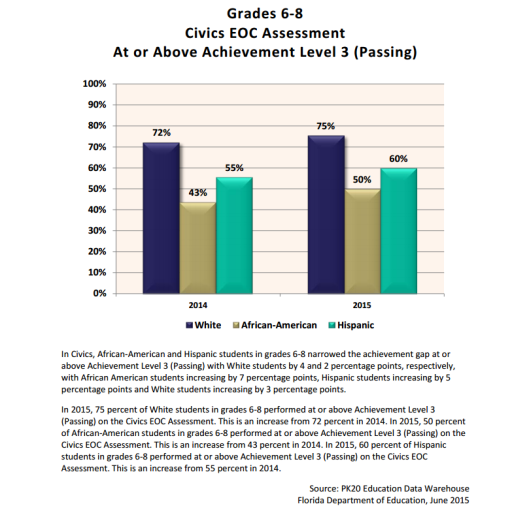
Achievement Level by Demographic Background
Context and Comparison: At the heart of AP World History Robert Strayer and Patrick Whelan, Bedford, Freeman & Worth Publishers
This session provides resources—both content and pedagogical—for effectively teaching contextualization and its companion skill of comparison. It addresses the much increased role of contextual thinking in the new exam format.

This has been just taste of the possibilities. Please be sure to check out additional session descriptions at 2016-fcss-session-descriptions, and earlier posts on what is shaping up to be a great conference session here, here, here, and here on why you should attend! Hey, it will be worth it for the trick or treating alone!
You can register for FCSS online. It’s a great and affordable conference, and a chance to meet folks you can work with and learn from. Hope to see you here in Orlando. The hashtag for the conference, by the way, will be #FLCSS16. Join us!


